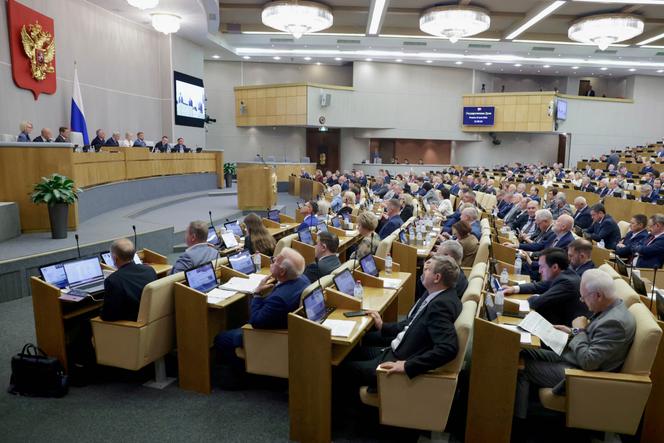


Sentences handed down to writers and artists, restrictions on the distribution of films, redacted books and limited internet access: the Kremlin has been relentlessly tightening its grip on the free circulation of ideas. However, it has yet to formally restore censorship as it existed in the USSR, which is currently prohibited by the Russian Constitution.
On Wednesday, July 23, lawmakers in the Duma, the lower house of the Russian Parliament, passed a law that, starting January 2026, will require film distributors to obtain a label from the Ministry of Culture certifying that the works they plan to release comply with "traditional Russian spiritual and moral values." Another law, passed the previous day, sets fines for internet users seeking "extremist content" online.
Unenforceable in its current form because it criminalizes intent, which is hard to prove, this piece of legislation at the very least helps to foster a climate of fear and self-censorship. "This legal vagueness suits the authorities. Every Russian lives with the sword of Damocles hanging over their head. Fear drives people to remain silent. The Kremlin exercises arbitrariness whenever it can; the laws it enacts are insidious, which makes everyone feel they could be targeted," said sociologist Alexis Berelowitch.
You have 65.48% of this article left to read. The rest is for subscribers only.
